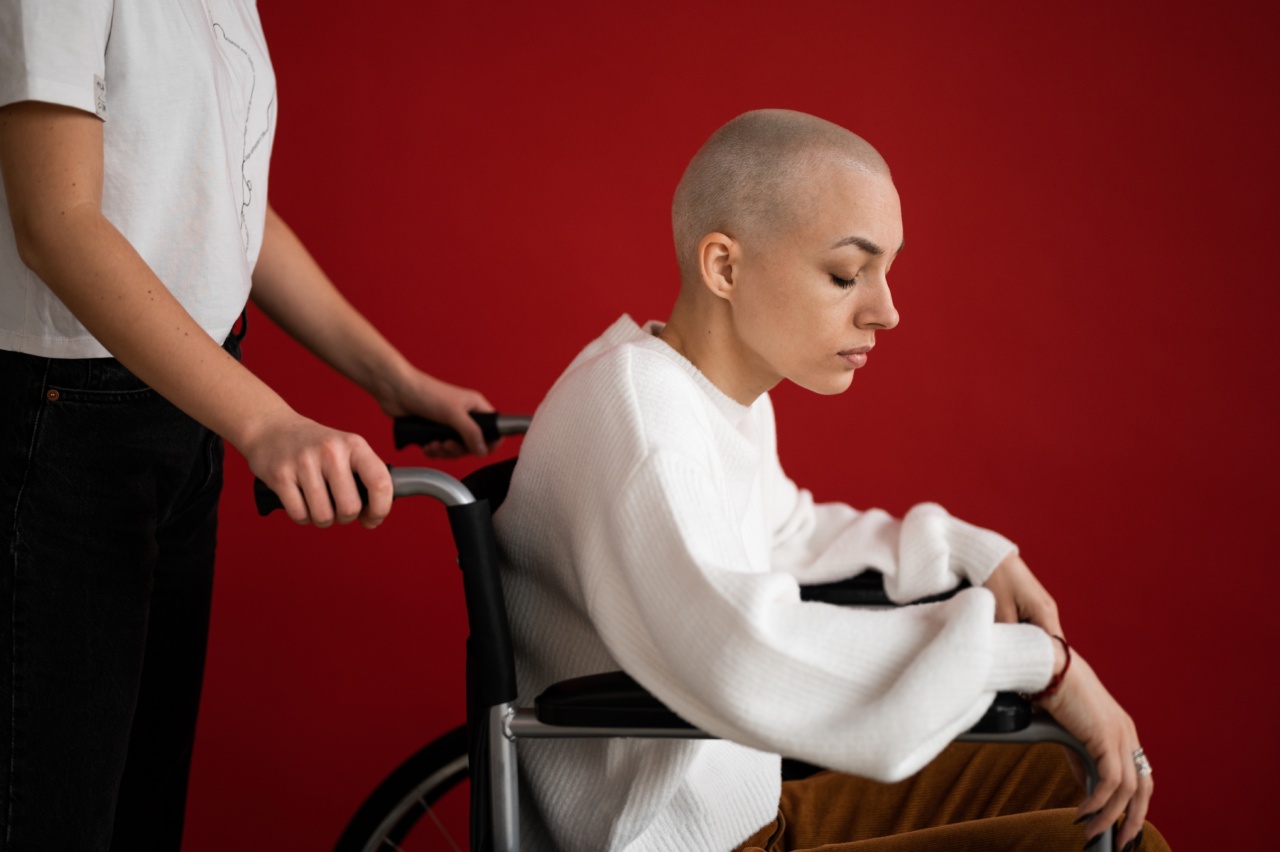When a loved one is diagnosed with cancer, it can be a distressing time for everyone involved. As a family member, friend or caregiver, you may wonder how you can best support your loved one through their cancer journey.
Here are some effective ways to help a loved one with cancer:.
1. Listen and communicate openly
Cancer is a disease that can be emotionally and physically challenging for the patient and their loved ones. It is important to listen to your loved one’s concerns and to communicate openly about how they are feeling.
Encourage them to express their thoughts and emotions and offer a listening ear. Being an attentive listener can provide a great sense of comfort to someone going through cancer treatment.
2. Educate yourself about their type of cancer
Learning about your loved one’s specific type of cancer can be valuable. You can familiarize yourself with potential treatment options, side effects, and ask informed questions about the medical treatment process.
This knowledge can help you to be more supportive and empathetic as your loved one navigates their cancer diagnosis.
3. Offer practical support
Depending on your loved one’s needs, practical support can be a valuable way to help. This can include things like cooking meals, offering transportation to medical appointments, or helping with household chores.
Small gestures can make a big difference to someone dealing with the physical and emotional side effects of cancer treatment.
4. Encourage self-care
Self-care is critical during cancer treatment. Encourage your loved one to prioritize their mental health and well-being. This can include things like taking walks, practicing meditation, or enjoying a hobby they love.
You can also offer to participate in these activities with them, making them feel less alone in their journey.
5. Respect their privacy
While it is important to be supportive, it is equally important to respect your loved one’s privacy.
Everyone copes with cancer differently, some people may prefer to keep their diagnosis private while others may be comfortable sharing their journey with others. Ask your loved one how they would like you to approach communication with others, and respect their wishes.
6. Offer emotional support
Cancer can be a lonely and scary experience, causing a range of emotions such as fear, sadness, and anger. Providing emotional support can be an effective way to help your loved one to cope with these feelings.
You can offer to attend appointments with them, or simply be there to talk and offer guidance on next steps.
7. Be patient and understanding
Cancer treatment can take an emotional and physical toll on your loved one. They may experience changes in their mood, appetite, or energy levels. It is important to be patient and understanding, even when it feels difficult.
Remind them that you are there to support them, no matter what.
8. Offer to research treatment options or support groups
Researching treatment options and support groups can provide your loved one with valuable resources. You can offer to research treatments that may be of interest or locate a support group in your area.
By doing so, you can help your loved one to get the extra support they need beyond your own support.
9. Respect their decisions
Your loved one may make decisions that you disagree with or do not fully understand. It is important to respect their decisions and offer your support regardless. This can help to maintain a positive relationship and open lines of communication.
10. Take care of yourself
Caring for a loved one with cancer can be emotionally draining. It is important to take care of yourself during this time. This can be done by seeking emotional support from a therapist, engaging in exercise, or participating in your own hobbies.
By doing so, you will be better equipped to provide support to your loved one.
Conclusion
Caring for a loved one with cancer can be challenging, but by following these effective ways to help, you can support your loved one through their journey.
Remember to listen and communicate openly, respect their privacy and decisions, and take care of yourself. By providing practical and emotional support, you can help your loved one through this difficult time.





























